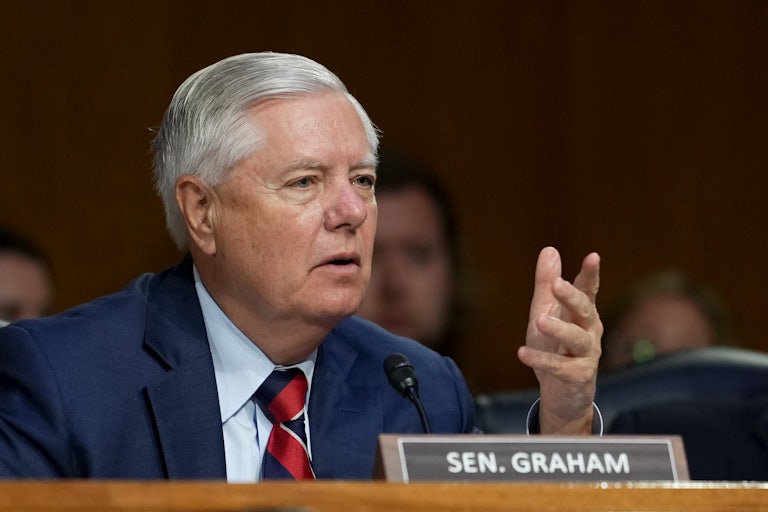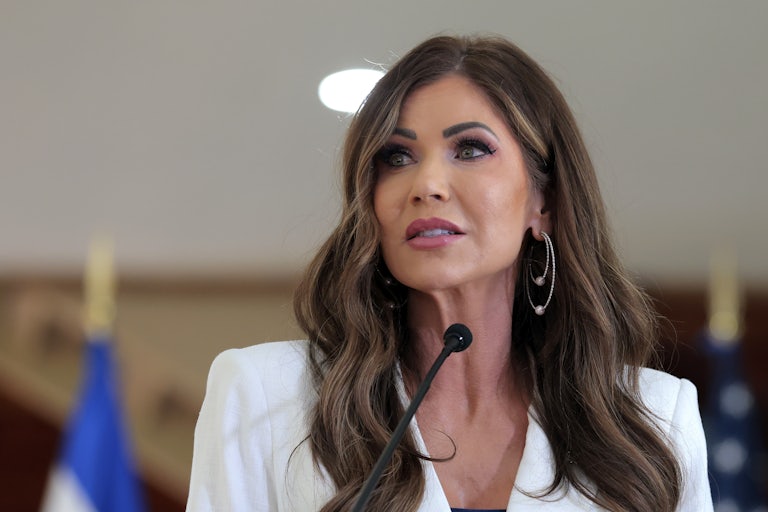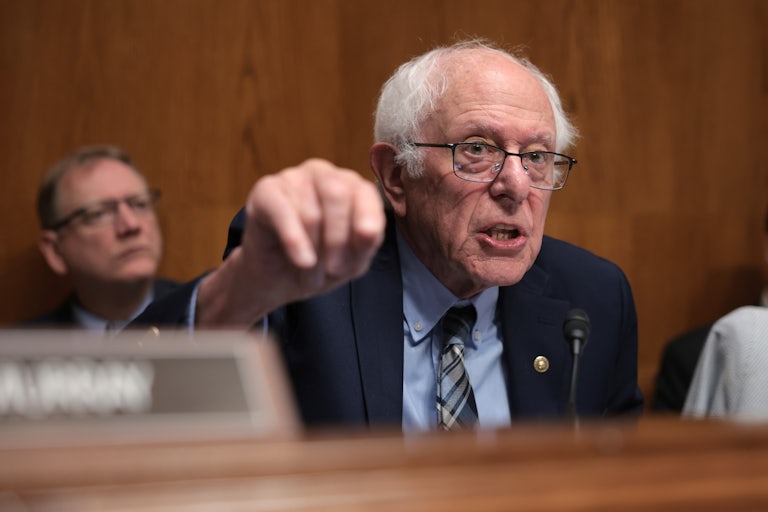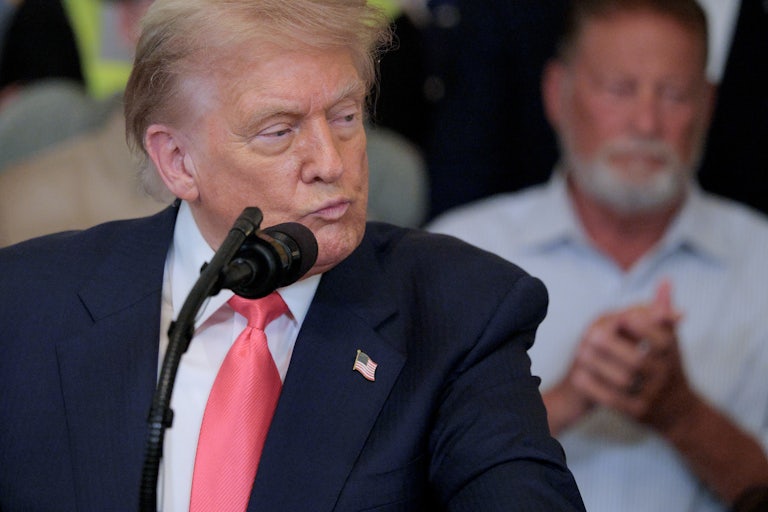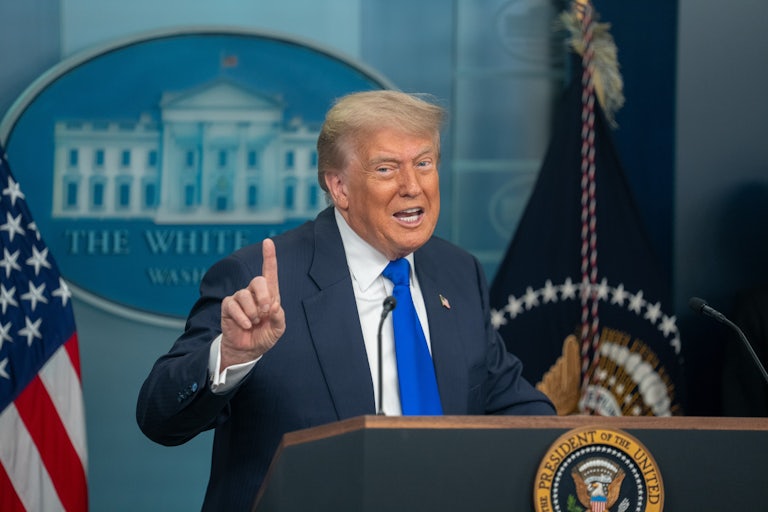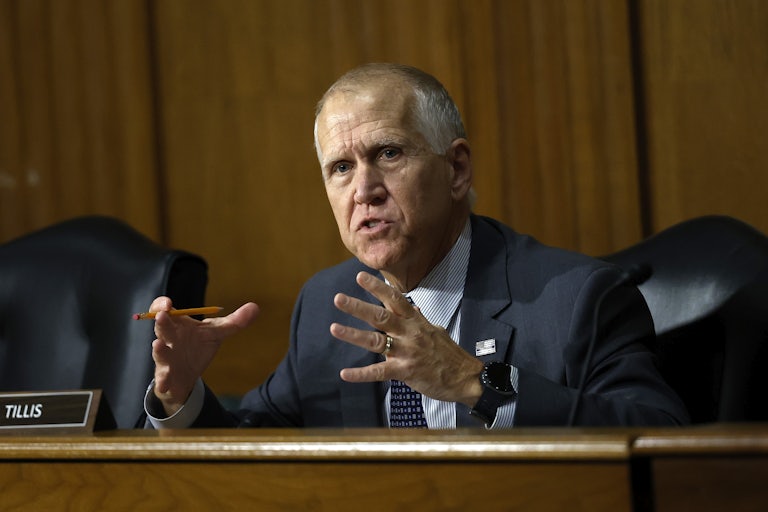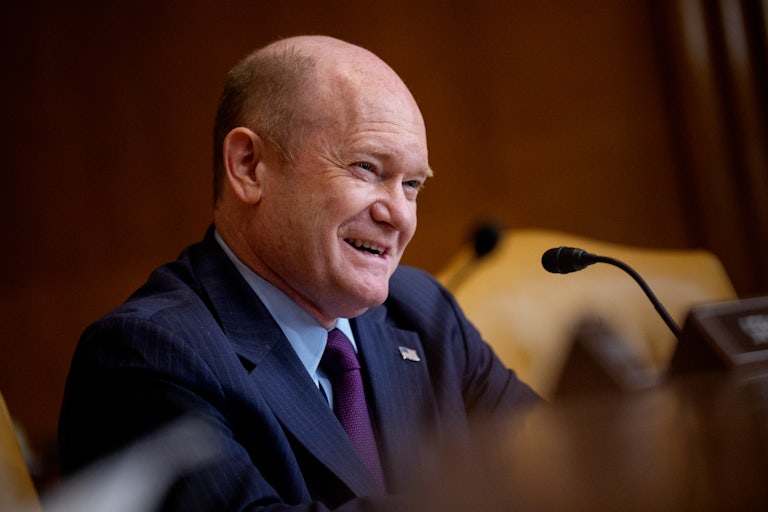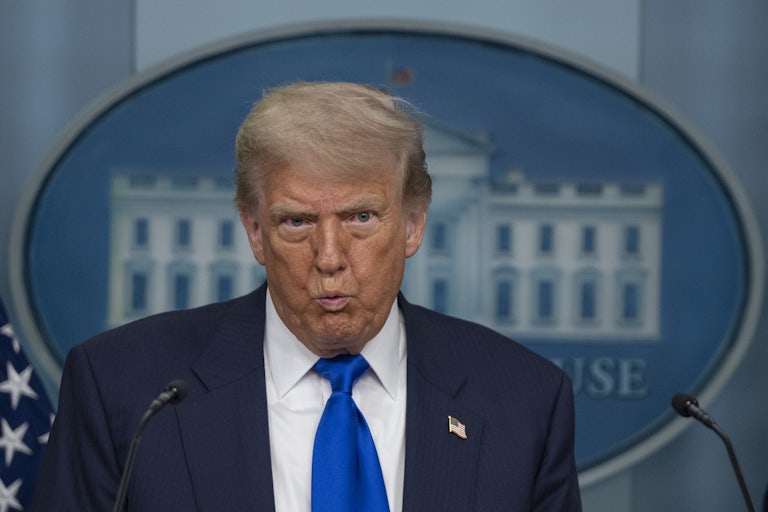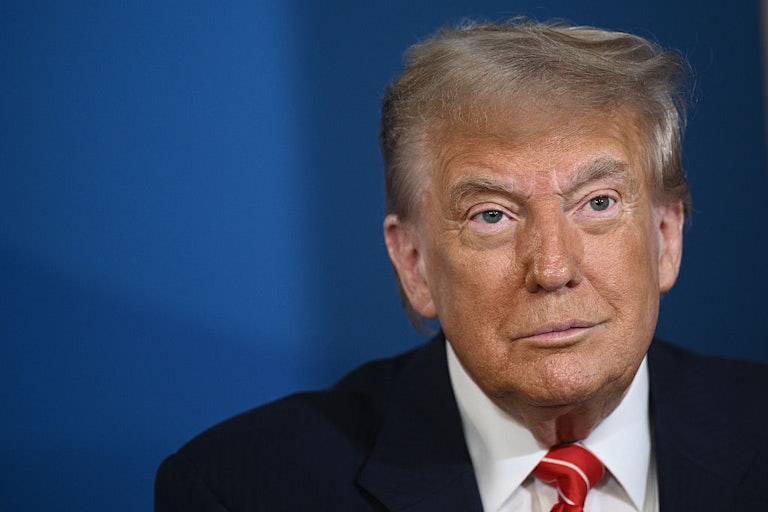Elon Musk Tears Into Trump Over Budget in Infuriated Posting Spree
Elon Musk’s opposition to the budget is what prompted his very public breakup with Donald Trump.
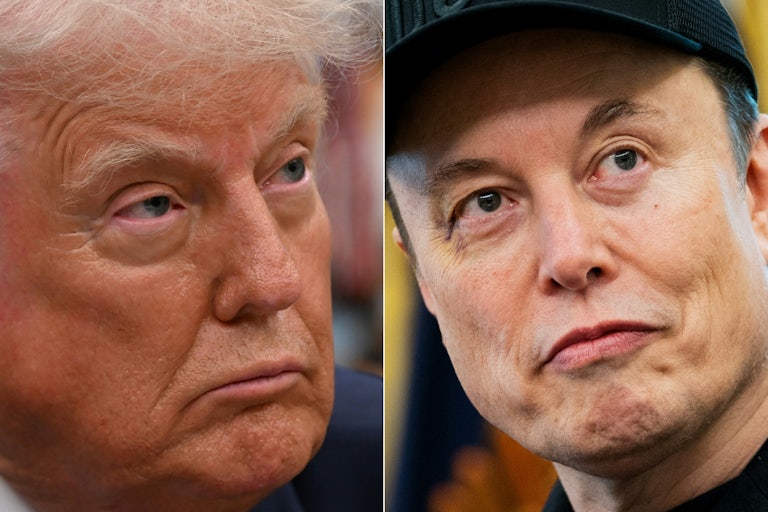
Elon Musk threw himself back into the federal fray over the weekend, drawing more attention to the conservative opposition to the president’s tax extension bill.
Donald Trump’s “big, beautiful bill” would extend his 2017 tax cuts for millionaires and corporations at a cost to critical social programs such as Medicaid. On Saturday, the Congressional Budget Office estimated that the Senate legislation would increase the deficit by more than $3.9 trillion over the next 10 years.
After Democrats forced a full read-through of the 1,018-page text on Saturday (which took approximately 16 hours), Senate Republicans initiated a “vote-a-rama,” in which lawmakers can propose an unlimited number of amendments as they vote back-to-back on the legislation. But by Monday, it wasn’t clear that the upper chamber actually had the support of the nation in moving to pass the bill—CNN data chief Harry Enten analyzed five recent polls that cumulatively indicated the bill is historically unpopular, with 49 percent of the country believing it will hurt their families as opposed to the 23 percent who think it will help them.
And despite publicly stitching up his feud with the president several weeks ago, Musk was right there with the majority of the American public in resisting the bill.
“Polls show that this bill is political suicide for the Republican Party,” Musk posted Saturday, sharing polling from polling firm the Tarrance Group suggesting that 58 percent of all registered voters in the country agreed with his previous assessment that the bill is “pork-filled.”
Musk also retweeted a statement from North American Building Trades Union President Sean McGarvey, who torched Trump’s bill as “a massive insult” to American construction workers, and underscored that “critical infrastructure projects essential to that future are being sacrificed at the altar of ideology.”
“We are especially outraged because all of this, all of these job losses for hardworking Americans, is being done for one reason only: to make room for more tax breaks for the wealthiest corporations and individuals in America,” McGarvey wrote.
The multibillionaire Musk went head-to-head with Trump earlier this month, when he threatened to change the tune of his Republican contributions and instead use his enormous wealth to influence the country to “fire all politicians who betrayed the American people.”
Republicans plan to offset the expensive tax cut by slashing some $880 billion from Medicaid. But Musk’s issue with Trump’s plan has little to do with its slashing of programs aimed at supporting and uplifting the most vulnerable Americans—instead, he’s condemned the bill on the basis that it would effectively undo his work atop the Department of Government Efficiency, which was tasked with paring down government spending.
Musk was Trump’s top financial backer in the 2024 election, spending at least $250 million in the final months of the president’s campaign after Trump was shot in July. Musk had also promised to funnel funds toward other Republicans, declaring in the wake of the November election that his super PACs would “play a significant role in primaries.” In the following months, Musk threatened to use his money to fund primary challengers to Trump’s agenda and go after Democrats, and that he would be preparing “for the midterms and any intermediate elections, as well as looking at elections at the district attorney level.”
Trump’s centerpiece legislation currently faces a self-imposed July 4 deadline.
